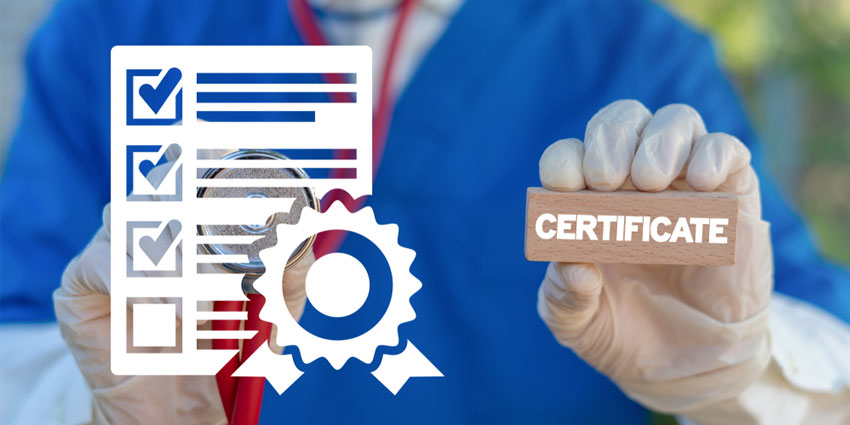If you work in the healthcare industry, you may be around doctors, nurses, and other medical staff all the time or work in the same building. The thought that medical professionals are nearby can make you feel like you wouldn’t be called upon in a medical emergency. However, some acute emergencies happen in seconds, and a response within seconds saves lives.
You should consider a CPR + first aid + BBP certification to ensure you’re also prepared to help regardless of the part of the healthcare industry you’re working in. Here are the top three certificates for first aid:
1. General First Aid Certification
Acute medical events often have no specific trigger and occur because someone already has a medical condition. These unpredictable events include stroke, heart attack, seizures, low blood pressure or sugar, and fainting. Environmental factors can also put someone in danger. These include weather-related dehydration, hypothermia, heatstroke, and exposure to toxins, poisons, and other dangerous substances.
As you can tell, it would be impossible to know when these events will happen, and there is very little time to call a medical team to help. You should earn a first aid certification to start first response and get the victim safe and on the road to recovery.
First aid certification will also teach you what to do if someone is injured. You’ll learn about general cuts, scrapes, sprains, and other injuries that can be quickly stabilized. You’ll also know how to help in a severe crisis like when someone is losing too much blood, has a head injury, or has an unstable bone fracture.
Your first response care could save a life in these instances and keep the victim calm and prepared to continue receiving help at the hospital.
2. CPR Certification for Sudden Cardiac Arrest
In the event of sudden cardiac arrest, every second counts. You’ll want to look around immediately for an automated external defibrillator and know how to use it. You’ll also want to begin administering CPR that you learned with your online CPR certification after calling 911.
3. Keep Yourself and Other First Responders Safe with BBP Certification
Bloodborne pathogen or BBP certification will teach you what to do if you or anyone else is exposed to bodily fluids, including blood, that might contain diseases like HIV or hepatitis. As you help the victim, you want to keep yourself and anyone else safe and know how to clean up safely.
Remain Prepared to Help Your Colleagues and Others
As the Navy says, “Under pressure, you don’t rise to the occasion; you sink to your training level.” When you prepare yourself to help with first aid, CPR, and BBP certifications, you ensure that you can stay calm and kick into gear to help in a crisis. You’ll be mentally prepared with training to save a life.
When you complete a first aid course online, you’ll receive a certificate and an optional certification card that will allow you to demonstrate your training in an emergency.

